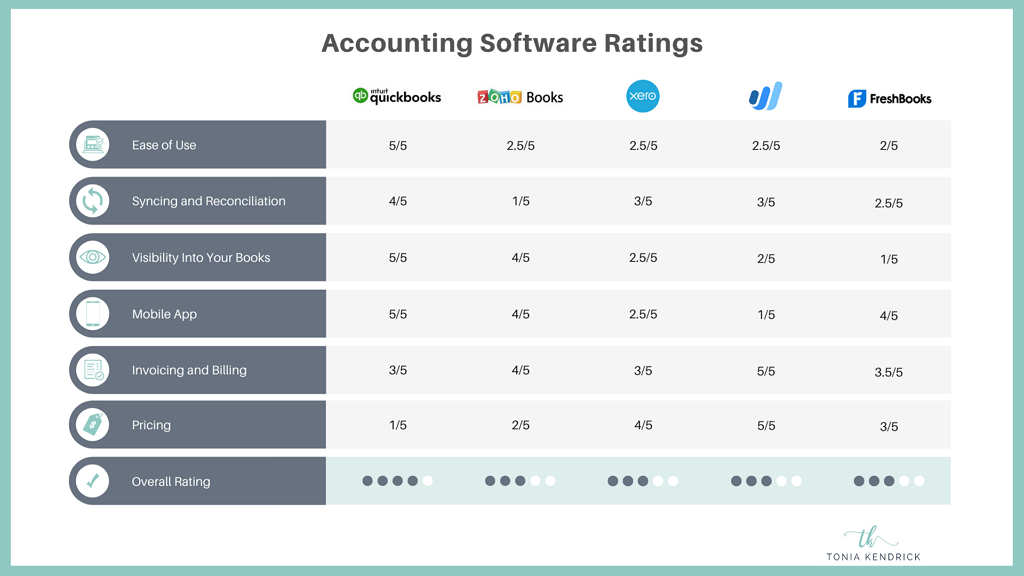As a small business owner, money-saving strategies are crucial for your success. Finding ways to cut costs and maximize profits can significantly impact your bottom line. In this blog post, we will discuss seven effective money-saving strategies every small business owner should know. Implementing these strategies will not only save you money but also contribute to the overall growth and sustainability of your business.
1. Embrace Technology: Technology can be a powerful ally when it comes to saving money. Invest in software and tools that streamline your business operations, such as project management systems, accounting software, and customer relationship management (CRM) platforms. These tools can automate tasks, reduce human error, and save time and money in the long run.
2. Optimize Your Supply Chain: Analyze your supply chain to identify areas where you can negotiate better prices, streamline processes, or find more cost-effective suppliers. Consider buying in bulk to benefit from volume discounts, and explore alternative sourcing options that offer quality products/services at lower costs.
3. Reduce Overhead Expenses: Take a critical look at your overhead expenses and identify areas where you can make cost-saving adjustments. Evaluate your office space needs – consider downsizing, sharing space with another business, or exploring remote work options. Save on utility bills by implementing energy-efficient practices and switching to digital alternatives for paper-intensive processes.
4. Negotiate with Vendors: Regularly review your contracts with vendors and negotiate better terms. Don’t hesitate to ask for discounts, extended payment terms, or special offers. Building strong relationships with your vendors can often lead to cost savings and preferred treatment.
5. Monitor and Minimize Waste: Waste in any form is a drain on your business finances. Implement strategies to track and reduce waste, whether it is material waste, energy waste, or time waste. Train your employees on waste reduction techniques and encourage them to come up with ideas for improving efficiency and cutting unnecessary expenses.
6. Adopt a Lean Mindset: Embrace the principles of lean management to minimize inefficiencies and maximize value. Focus on continuous improvement, eliminate non-value-added processes, and encourage your team to identify and resolve issues at their source. By optimizing your operations, you can significantly reduce costs and boost profitability.
7. Leverage Digital Marketing: Traditional advertising and marketing methods can be expensive. Instead, allocate resources towards digital marketing techniques such as search engine optimization (SEO), content marketing, social media advertising, and email marketing. These strategies are often more cost-effective and provide a targeted reach to your desired audience.
Implementing these money-saving strategies requires careful planning and continuous evaluation. Regularly review your business’s financial performance and make adjustments as necessary. By adopting these strategies and maintaining a vigilant approach towards cost savings, you’ll be well on your way to improving your business’s financial health and securing a prosperous future. Remember, saving money today means more resources for future growth and success.











